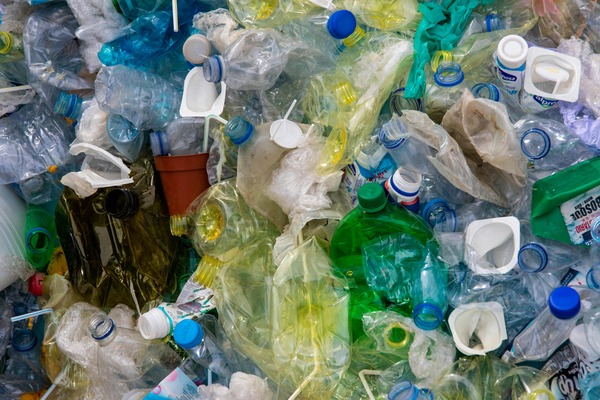The Climatic Impact of Plastics, Its Usage and Pollution
By Temitope Dada
Plastic pollution has long been a concern for marine life, ecosystems, and human health, but its connection to climate change is often less discussed. The production, consumption, and disposal of plastic significantly impact our planet’s climate. In this article, we’ll explore how plastic waste and fossil fuels are interlinked, and how they contribute to global warming.
- Plastics Are Derived from Fossil Fuels– Plastics are made primarily from fossil fuels, such as crude oil and natural gas. In fact, over 99% of plastics come from these sources. Hence, the extraction and processing of fossil fuels to produce plastics release a large amount of greenhouse gases, into the atmosphere contributing to global warming. Studies have shown that by 2050, the plastic industry could account for 20% of global oil consumption, and increasing carbon emissions.
- Energy used in Production, generates carbon emissions: The production of plastic is an energy-intensive process. For every ton of plastic produced, a substantial amount of energy is used, generating carbon emissions. Ethylene and propylene, the key ingredients in plastics, require high temperatures for their conversion, typically provided by burning fossil fuels, leading to significant Green House Gas emissions. The chemical processes that produce plastics generate high levels of CO2, a leading contributor to the warming of our planet.
- Landfilling and Incineration: In landfills, plastics take hundreds of years to degrade. Some plastics emit methane, a potent GHG, as they slowly decompose. Methane is far more effective at trapping heat in the atmosphere than CO2. Incinerating plastics releases CO2 and other toxic gases, intensifying the greenhouse effect. Research shows that only about 9% of all plastic ever produced has been recycled. The rest either ends up in landfills, is incinerated, or pollutes ecosystems.
- Microplastic pollutions: Plastics break down into microplastics, tiny particles that now contaminate oceans and waterways. Oceans serve as one of the largest carbon sinks, absorbing carbon dioxide from the atmosphere. Microplastic pollution interferes with the ocean’s ability to absorb carbon, reducing its role in mitigating climate change. In turn, marine animals ingest microplastics, disrupting marine ecosystems and affecting the food chain, which indirectly impacts the planet’s ecological balance and climate systems.
- Plastics Emit Methane Gases: Certain types of plastic, especially when exposed to sunlight and in marine environments, degrade and emit methane and ethylene. Both gases are powerful contributors to the greenhouse effect. Polyethylene, the most produced plastic worldwide, is one of the biggest emitters of methane as it breaks down in the environment. These emissions add to the methane produced during plastic waste disposal, accelerating climate change.
- Plastic Use Aggravates Future of Global Warming: Without significant changes to plastic production and waste management, the industry’s climate impact will continue to grow. The projected increase in plastic production is driven by rising demand for single-use plastic. However, this will likely contribute to more Green House Gas emissions, pushing global temperatures higher. Shifting away from fossil fuel-based plastics and adopting alternatives such as bioplastics or materials with lower carbon footprints can help reduce emissions.
Conclusion
The connection between plastic pollution and climate change is direct and in different ways. From production to disposal, plastics contribute significantly to greenhouse gas emissions, largely because they are derived from fossil fuels.
The plastic industry is on track to become a significant contributor to the world’s carbon footprint, further exacerbating global warming. Studies have shown that by 2050, the cumulative greenhouse gas emissions from the production, use, and disposal of plastic could reach over 56 gigatons of CO2 equivalent.
To combat this, we must push for sustainable alternatives, reduce plastic production, improve recycling processes, and minimize plastic waste, to mitigate climate change.
Also read: Effects Of Climate Change On Human Health

